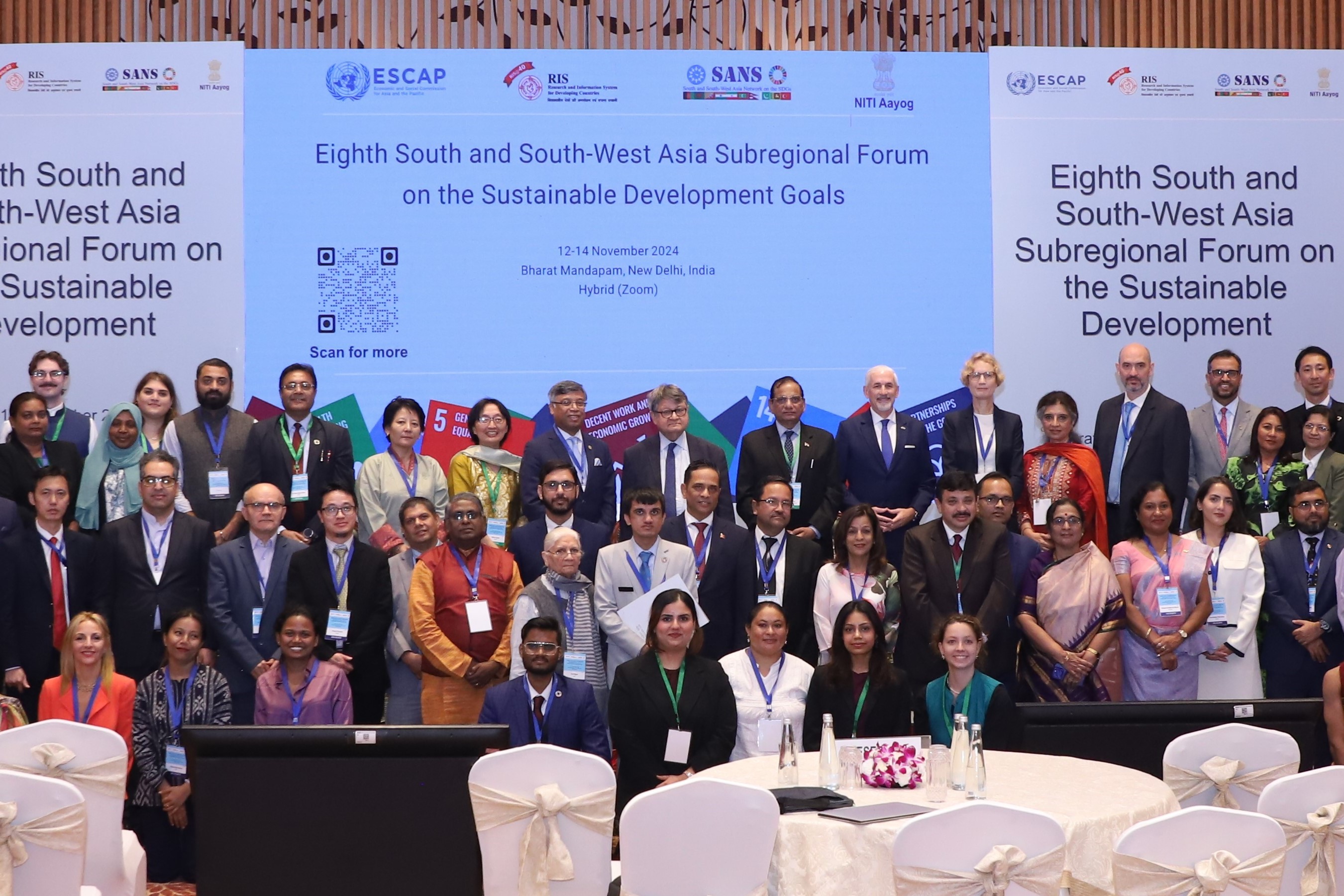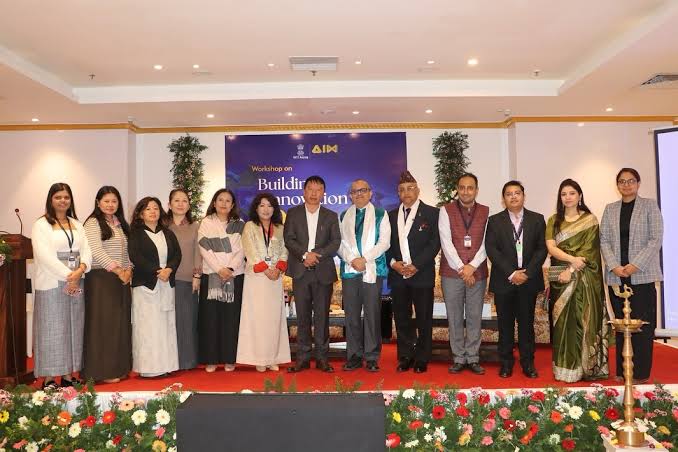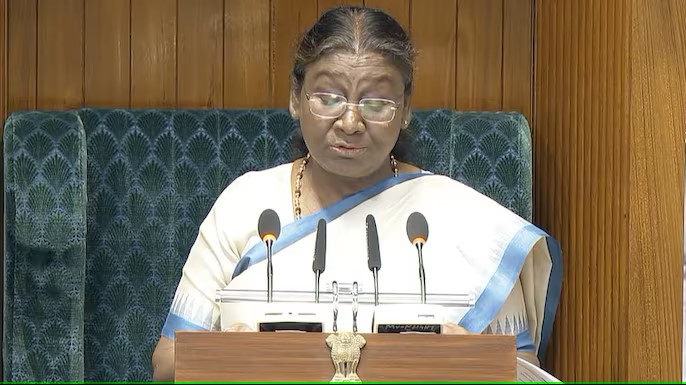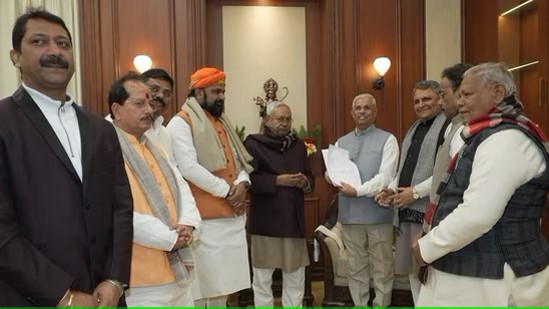Ms. Sumita Dawra, Secretary of the Ministry of Labour and Employment, Government of India, chaired the SDG 8 session focused on Decent Work & Economic Growth at the Eighth South and South-West Asia Subregional Forum on SDGs. The forum, held at Bharat Mandapam, Pragati Maidan, New Delhi, was co-hosted by NITI Aayog and UN ESCAP.
 In her address, Secretary Dawra underscored India’s dedication to fostering inclusive economic growth and expanding employment opportunities. She highlighted significant progress in key areas, especially in employment rates, labour market formalization, and economic inclusion through digital initiatives. Key government initiatives were detailed, including:
In her address, Secretary Dawra underscored India’s dedication to fostering inclusive economic growth and expanding employment opportunities. She highlighted significant progress in key areas, especially in employment rates, labour market formalization, and economic inclusion through digital initiatives. Key government initiatives were detailed, including:
Inclusive Growth: India’s economic momentum is strong, with GDP growth projected at 7% for FY 2024-25, according to the World Bank’s India Development Update. Government poverty alleviation programs have helped approximately 250 million people escape multidimensional poverty in recent years.
Social Protection Coverage in Global Database: The ILO’s World Social Protection Report 2024-26 notes that India has doubled its social protection coverage estimate. This exercise may serve as a model for other South and South-West Asia countries. India’s Targeted Public Distribution System, one of the largest in-kind social protection schemes, provides food security to about 800 million people and is recognized in the ILO report.
Employment Situation: Data from the Periodic Labour Force Survey (PLFS) and the Reserve Bank of India (RBI) reveal a decrease in unemployment from 6% in 2017-18 to 3.2% in 2022-23, and an increase in employment from 46.8% to 56% over the same period. Job creation has been driven by growth in sectors such as services, construction, manufacturing, and logistics.
Formalisation of Labour Market: Over the last six years, more than 64 million net subscribers have joined the Employees’ Provident Fund Organization (EPFO). New ELI schemes introduced in the 2024-25 Budget under the Prime Minister’s package of five schemes emphasize India’s focus on quality job creation, benefiting first-time employees, re-entrants, and encouraging employers.
Leveraging Technology and Innovation: India is enhancing labour market efficiency through technology, notably via the National Career Service (NCS) portal, which connects job seekers with employers. In the unorganised sector, platforms like the e-Shram portal, with over 300 million registered workers, provide a centralized solution for social security access and welfare benefits. The platform supports gig and platform workers and plans to expand to include healthcare, life insurance, and skill development.
Labour Reforms: India’s labour law reforms consolidate 29 laws into four simplified codes to improve working conditions, enhance productivity, and ensure better social security coverage for the workforce, including gig and platform workers.
On the international front, Secretary Dawra highlighted India’s steps to enhance cooperation. Through its G20 presidency, India is collaborating with organizations like the ILO and OECD to develop frameworks for mutual recognition of skills and qualifications to promote cross-border labour mobility. India’s partnership with the ILO in promoting decent work practices in global supply chains was also emphasized.
In her concluding remarks, Secretary Dawra expressed confidence in India’s transformative employment potential, aligning with its demographic strengths and reinforcing its role as a vital player in the global workforce of the future.




